Description
Each Rivamer 1.5 mg hard capsule contains the active substance Rivastigmine, a prescription treatment for individuals with mild to moderately severe dementia of Alzheimer’s disease. Rivastigmine belongs to a class of drugs known as cholinesterase inhibitors. The drug class work by blocking the normal breakdown of acetylcholine. Those with Alzheimer’s disease have low levels of acetylcholine in the brain. By blocking the action of certain enzymes responsible for the breakdown of acetylcholine, Rivamer allows levels of acetylcholine to increase in the brain. This, in turn, reduces the symptoms of dementia and Alzheimer’s disease associated with Parkinson’s disorder. Cholinesterase inhibitors have been shown to have a modest effect on dementia symptoms such as cognition. Alzheimer’s dementia is a progressive brain disorder that gradually affects memory, behaviour, and intellectual ability.
Product Description
Do not take Rivamer 1.5 mg if you are/have:
- Allergic to Rivastigmine or any other components of the drug
- Allergic to certain medicines, including neostigmine used to treat myasthenia gravis.
- Previously used a Rivastigmine patch and had developed a skin reaction, progressing to blistering and skin inflammation and not improving within two days after removing the patch.
- Tell your doctor before taking Rivamer if you have or ever had:
- Irregular heartbeat
- An active stomach ulcer
- Seizures
- Asthma
- Difficulties passing urine
- Impaired kidney function
- Impaired liver function, low levels of potassium or magnesium in your blood
There is no relevant use of this Alzheimer’s drug in a pediatric population. Inform your doctor if you are taking any other medicines. A Rivastigmine formulation should not be used simultaneously as other medicines with similar effects to cholinesterase inhibitors. Rivamer might interfere with medicines used to relieve stomach cramps, relieve bladder problems, or treat Parkinson’s disease. Inform your doctor if you undergo surgery while taking a Rivastigmine formulation.
Side Effects
You may experience side effects more often when you begin a medicinal treatment or increase a dose. Usually, the side effects resolve as your body gets to the medicine. Common side effects of Rivamer are headache, sweating, stomach pain, anxiety, drowsiness, weight loss, heartburn, dizziness, loss of appetite, and sickness. If any of these side effects become serious or do not go away, please tell your doctor or seek medical advice immediately.
How to Use
Take Rivamer 1.5 mg as per your doctor’s recommendation. If you do not understand the dosing regimen given on your prescription, please check with your doctor. When your doctor starts treatment, they will tell you what dose of Rivastigmine to take. Usually, treatment begins with a lower dose, and your doctor may then gradually increase your dose. Do not skip your doctor’s appointment during the treatment as it is required to monitor your condition or whether the medicine is working for you not.
Your doctor will also monitor your weight while you are receiving Rivastigmine tablets. If you did not consume Rivamer tablets as prescribed for three consecutive days, do not take the next dose until you speak to your doctor. You may be asked to take the capsule twice daily with food. You must swallow the capsule whole with a glass of water. Do not open or chew the capsule. To benefit from your Alzheimer’s drug, take it every day exactly as your doctor told you. If you accidentally take more tablets, then you should inform your doctor. You may require immediate medical attention. People with an overdose may experience a decrease in the size of pupils, stomach pain, trouble breathing, increased sweating, increase in tear production, feeling sick, loss of control of bowel movements, high blood pressure.


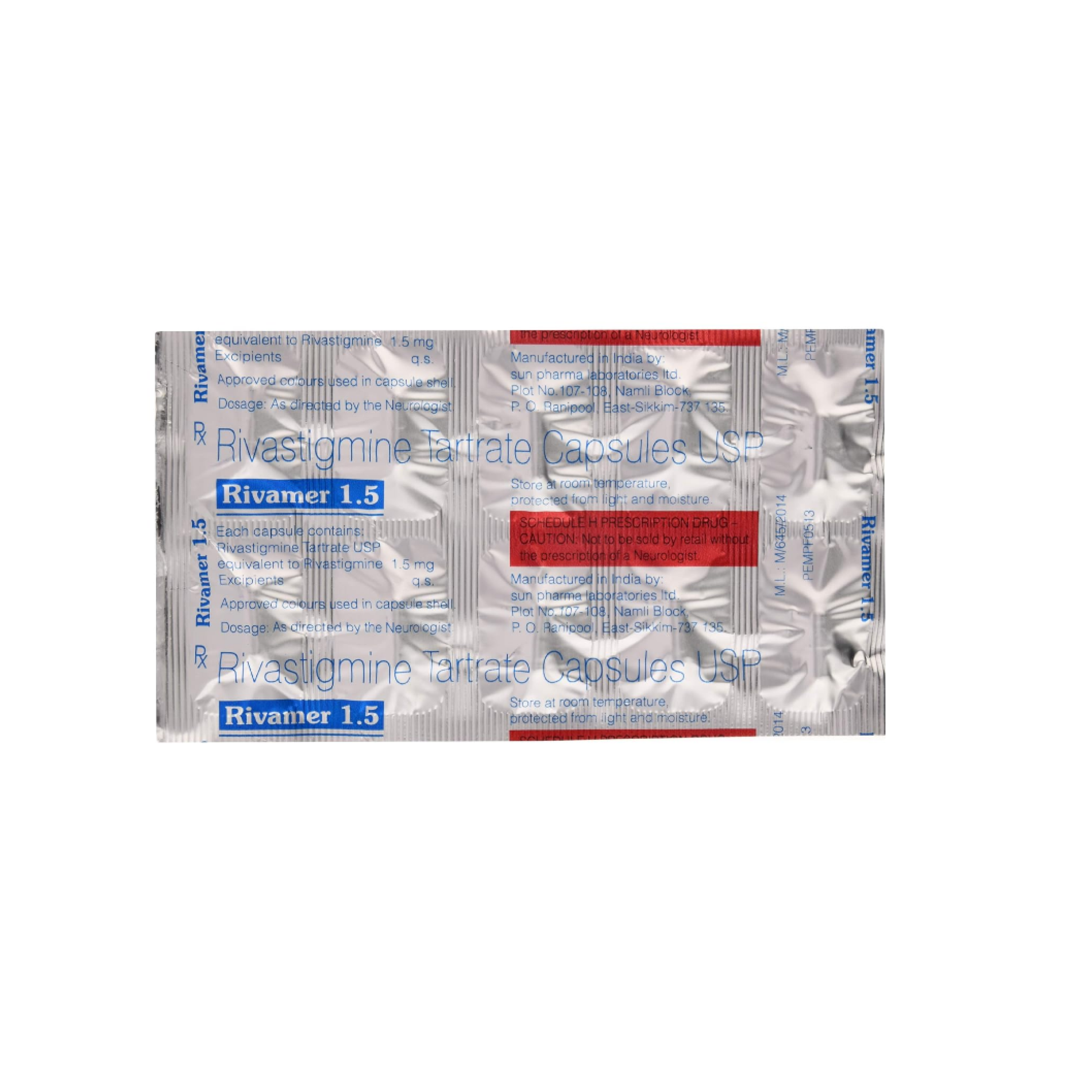
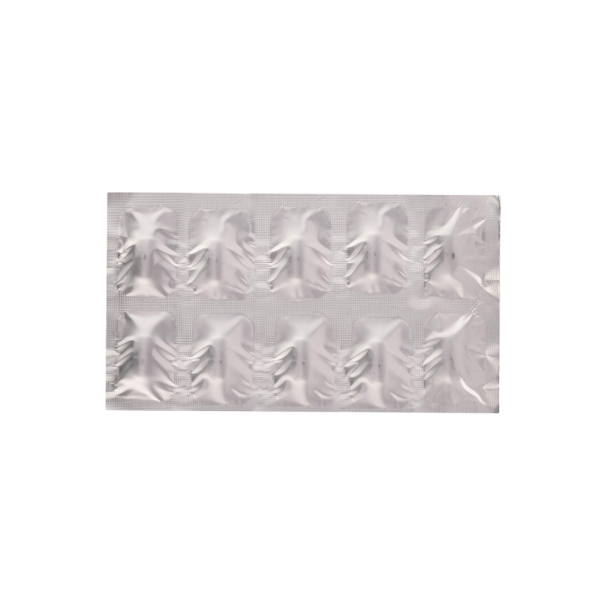
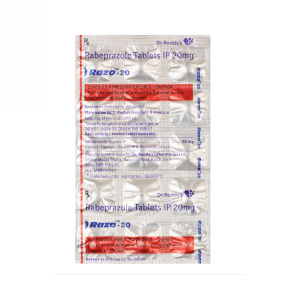
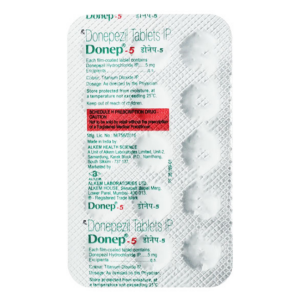
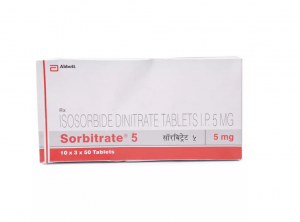
2 reviews for Rivamer 1.5 mg Tablet
There are no reviews yet.